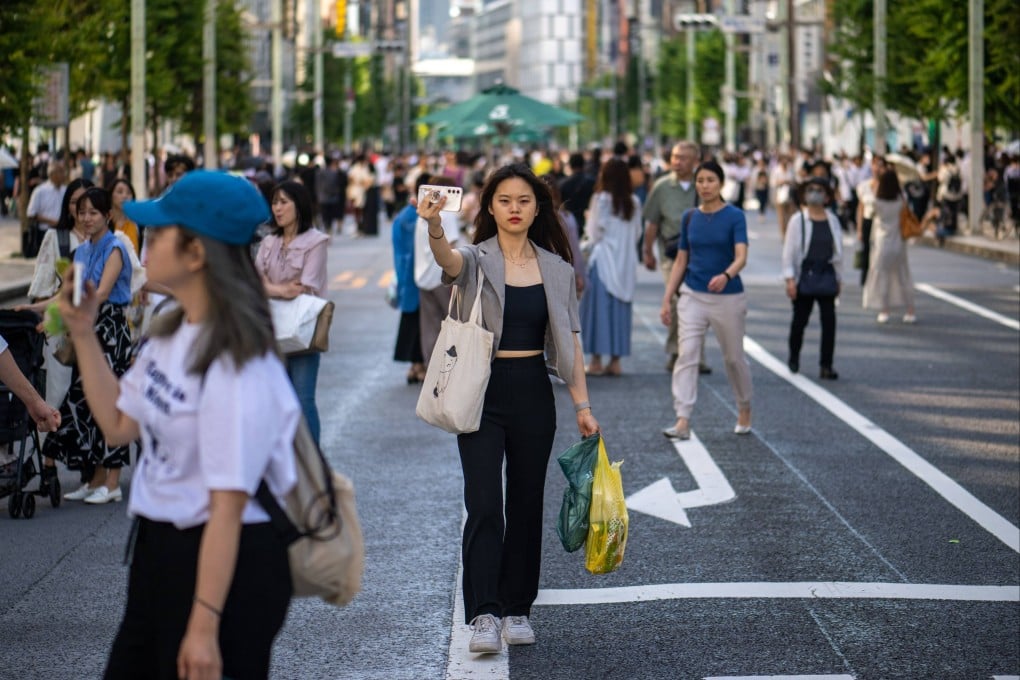The View | Why surging Tokyo flat prices are unlikely to herald a new Japan asset price bubble
- Tokyo flat prices may have gone through the roof, but prudent BOJ policymakers are likely to keep rates low. This, plus relatively high affordability, means conditions are a lot less bubbly than they might appear

For the BOJ, premature policy tightening could jeopardise years of painstaking efforts to get prices to rise. There is still plenty of evidence of the lasting effects of stagnation. Even after Japanese firms agreed on the biggest wage increase in decades, real wages fell 3 per cent in April, perpetuating the decline in real spending power.
Yet, in one crucial yet overlooked corner of the market, inflation has roared back. In February, the average asking price of a 70-square-metre (754 square feet) second-hand flat in Tokyo’s 23 wards hit a record high of nearly 70 million yen (US$492,000), exceeding its level at the top of the bubble.
The price has soared 76 per cent in the past decade. In Tokyo’s six central wards, the average price stands just above 100 million yen, up 93 per cent since 2013.
